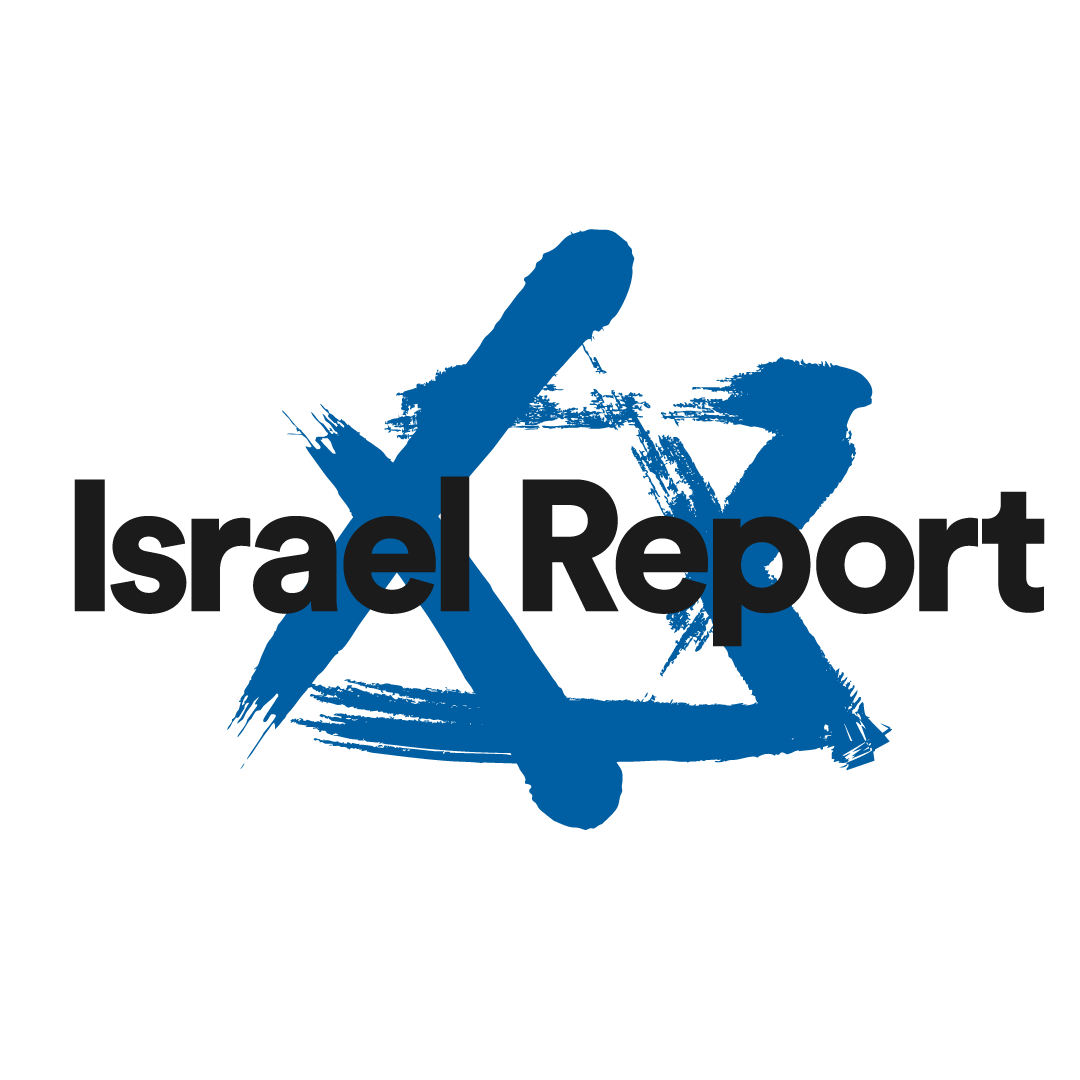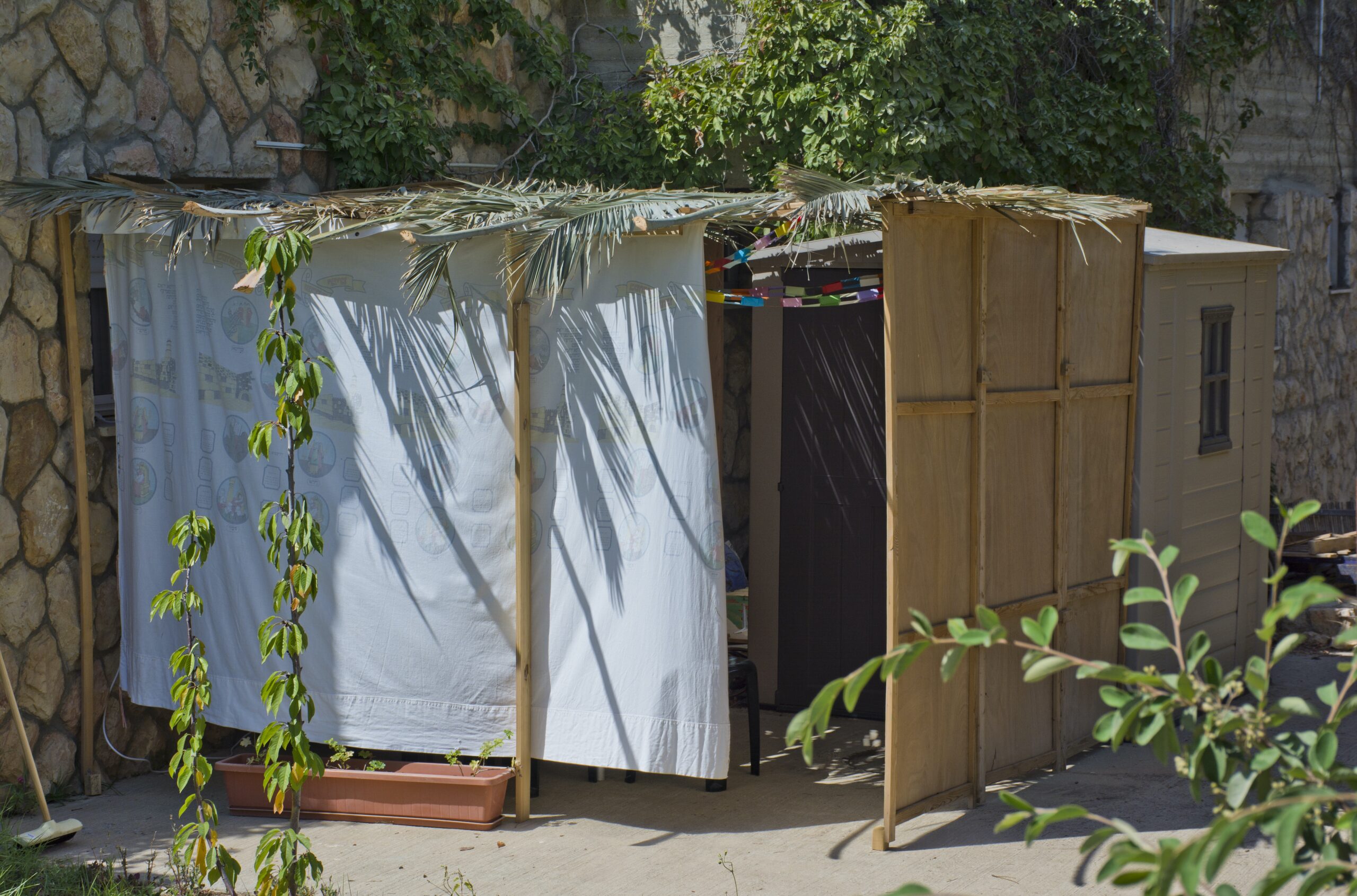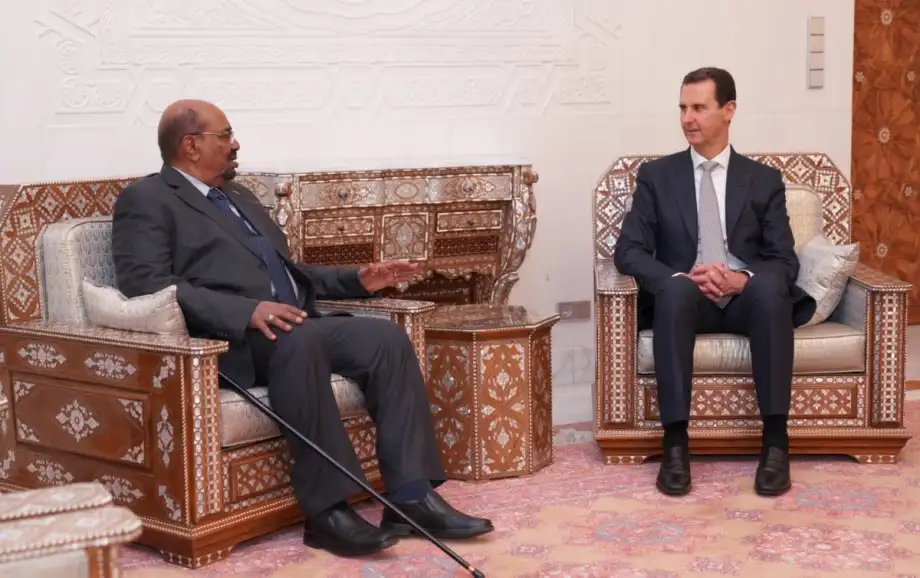Is Hamas profiting from UN food deliveries? Is Israel using hunger as a weapon in the war against the terrorist group Hamas? How credible is the UN in the food conflict? And who are the journalists actually reporting on the battle over food distribution in Gaza?
Israel Report outlines the background to the escalating aid war in Gaza.
On May 20, UN emergency relief coordinator Tom Fletcher stated on the BBC that 14,000 infants in Gaza could die within the next 48 hours if aid trucks did not reach communities in the Gaza Strip. The claim triggered a media storm in the Western world, with national media outlets picking up Fletcher’s statements, which were cited in parliaments and diplomatic discussions across the globe.
However, when Jens Laerke, spokesperson for the UN Office for the Coordination of Humanitarian Affairs, corrected Fletcher’s claims a few days later on the BBC—saying that it was not about 48 hours, but rather an entire year—these corrections were entirely drowned out in the media noise.
The U.S. and Israel are both in open conflict with the UN’s aid operations in Gaza. Former U.S. President Joe Biden stopped funding the UN’s refugee agency, UNRWA, in January 2024 after UNRWA employees participated in Hamas’s massacre of Israel on October 7, 2023. Israel provided the UN with detailed information on more than 100 UNRWA employees who were members of the terrorist organization Hamas, arguing that Hamas’s infiltration of the UN agency had become so deep that “it’s impossible to tell where UNRWA ends and Hamas begins.”
Since then, the U.S conflict with the UN has escalated. The country withdrew its support for the UN Human Rights Council (UNHRC), which has become a tool for dictatorships critical of the Middle East’s only democracy. On July 9, 2025, U.S. Secretary of State Marco Rubio also announced sanctions against Francesca Albanese, the UN’s special rapporteur for the Palestinian territories: “Albanese has shamelessly spewed antisemitism, expressed support for terrorism, and shown open contempt for the U.S., Israel, and the West,” Rubio stated. Albanese has also faced criticism from France and Germany for justifying Hamas’s massacre in October 2023.
Pressure tactics on Hamas
Immediately after Hamas carried out its massacre and took hostages two years ago, Israeli leaders stated that they would block aid to the Gaza Strip as a means to pressure Hamas into releasing the hostages. But less than two weeks into the war, the siege was lifted, and food and medicine were allowed in from Egypt. Soon after, trucks also began bringing in fuel, and both the Kerem Shalom border crossing and the port of Ashdod were opened.
In March, the ceasefire with Hamas ended, and humanitarian aid was halted, citing that Hamas was stealing the supplies and using them to fund its terror machine. Instead, the governments of Israel and the United States launched a new civilian aid organization – the Gaza Humanitarian Foundation (GHF). To drive a wedge between the people and Hamas, the civilian population was to be evacuated to southern Gaza, where three distribution points had been set up. GHF managed to distribute nearly 100 million meals in two months, but shootings targeting Gazans en route to GHF’s locations undermined the efforts.
The UN and other organizations continued to distribute food by letting trucks be stormed, allowing people – or terror groups – to grab what they could.
The terrorist group Hamas – which aims to destroy Israel – has refused to accept a hostage deal, yet the world is giving in to terrorist networks, Arab dictatorships and an anti-Israeli world media that wants the war against Hamas to end. Several countries have simultaneously recognized Palestine as a state.
”Institutional interest in lying”
Allegations of shootings at GHF’s food distribution centers were spread by Hamas-controlled authorities, and were soon presented as truths by Western media. “The UN is unhappy that we are now exposing them to competition,” a U.S. State Department official told reporters on July 1, according to the news agency JNS.
“The UN has an institutional interest in lying, as they have repeatedly done in these matters,” he added, clarifying that the global body tends to ignore violence at UN aid sites and stated that “a lot of aid has been redirected to Hamas.”
“They never want to talk about it,” said the official.
In fact, the terror group’s leader Ismail Haniyeh – just like Yasser Arafat – became a billionaire thanks to international support. He lived in luxury in Qatar before he was killed by Israel last year.
Nearly nine out of ten UN trucks delivering humanitarian aid to Gaza in recent months were looted – either by hungry Gazans or armed groups – before reaching their destinations, according to UN statistics released by The Times of Israel in early August.
Since May, a total of 2,604 aid trucks had been picked up by the UN. Of these, 2,309 – 88 percent – did not reach their intended destinations inside the Gaza Strip, according to the UN Office for Project Services.
Israel denies any policy of depriving Gazans of food and blames the UN and other on-site organizations for not effectively distributing the aid that has entered Gaza.
Hamas is the media’s main source
Why do journalists in Gaza portray Hamas’s version of reality and unanimously blame Israel for starvation and civilian casualties in Gaza, despite Hamas’s use of Palestinian civilians as human shields?
One explanation is Al Jazeera’s central role as a news provider in the conflict. Al Jazeera is funded by Qatar and was shut down in Israel by the Israeli government in May 2024 due to its ties to Hamas. Last year, Israel revealed several documents found in Gaza confirming military connections to the terrorist groups Hamas and Islamic Jihad among six Al Jazeera journalists in Gaza:
Anas Jamal Mahmoud Al-Sharif, Alaa Abdul Aziz Muhammad Salama, Hossam Basel Abdul Karim Shabat, Ashraf Sami Ashour Saraj, Ismail Farid Muhammad Abu Omar, and Talal Mahmoud Abdul Rahman Aruki.
In 2022, Hamas gave instructions to Al Jazeera on how to report a failed rocket launch by Islamic Jihad that killed many civilians. Al Jazeera was instructed to avoid the word “massacre,” reduce the display of images, and not to criticize Hamas.
After the explosion at the Al Ahli hospital in Gaza in October 2023, Hamas immediately claimed that 500 people were killed in an explosion caused by an Israeli rocket, even though the explosion was actually due to a misfired rocket launched from Gaza by Palestinian Islamic Jihad. Western media uncritically relayed information from the Gaza Health Ministry, and major outlets like the BBC and The New York Times had to apologize for their incorrect reporting on the Al Ahli hospital explosion. Al Jazeera has still not corrected its false information.
Hamas threatens journalists
Most reporters working for international media in Gaza are Palestinians, Hamas sympathizers, or even active Hamas terrorists – and are therefore eager to portray Israel negatively. They also know that deviating from Hamas’s version of events means risking their lives. The journalists hired by these media outlets are known to Hamas. Out of fear for their lives, they must publish Hamas propaganda.
The U.S.-based Committee to Protect Journalists (CPJ) reported on May 15 about journalists being threatened by Hamas terrorists. The information was confirmed by the Palestinian Journalists Syndicate (PJS), the official union for Palestinian journalists.
“There are serious violations being committed against journalists by the Hamas government,” said PJS chief Nasser Abu Bakr to CPJ.
“The violations range from summons, interrogations, phone calls, threats, sometimes assaults and arrests, to harassment, publication bans, interference with content, and surveillance. There are truly attacks against journalists. We monitor and record daily attacks from Hamas and the ‘Arrow Battalion’. This is a known group affiliated with Hamas that attacks journalists, arrests journalists, [even] in hospitals and institutions,” he said.
After also criticizing Hamas’s tactics on Palestinian TV, Abu Bakr explained why the story isn’t more widely known:
“I don’t want to specify details. Out of consideration for the Palestinian national situation, we don’t talk much about it.”


